War is both the product of an earlier corruption, and a producer of new corruptions
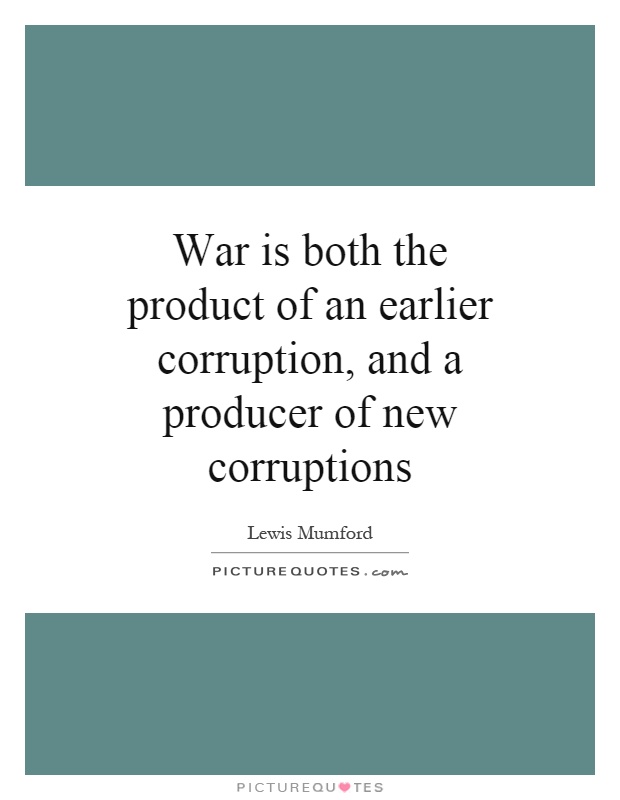
War is both the product of an earlier corruption, and a producer of new corruptions
Lewis Mumford, a prominent American historian and sociologist, believed that war is both the product of an earlier corruption and a producer of new corruptions. Mumford's views on war were deeply rooted in his understanding of the interconnectedness of society, technology, and the environment. He argued that war is not simply a result of political or economic factors, but rather a reflection of deeper societal issues that have been festering for years.Mumford believed that the root cause of war lies in the corruption of human nature. He argued that greed, power, and a desire for dominance are inherent in human beings, and these traits often lead to conflict and violence. In this sense, war can be seen as a product of the corruption of human values and morals. Mumford believed that as long as these corrupt tendencies exist within society, war will continue to be a recurring phenomenon.
Furthermore, Mumford also believed that war is a producer of new corruptions. He argued that the act of war itself can lead to the erosion of moral values and ethical standards within society. The brutality and violence of war can desensitize individuals to the suffering of others, leading to a culture of indifference and apathy. Additionally, the need for secrecy, deception, and manipulation in times of war can breed a culture of dishonesty and corruption within governments and institutions.
Mumford also believed that war has a profound impact on the environment, leading to the destruction of natural resources and ecosystems. The use of weapons of mass destruction and the devastation caused by military operations can have long-lasting effects on the planet, further exacerbating environmental degradation and climate change.
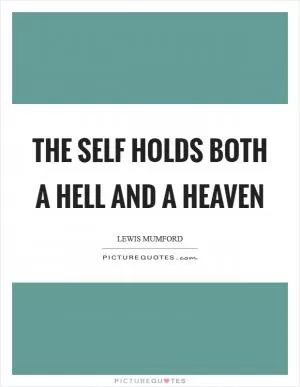
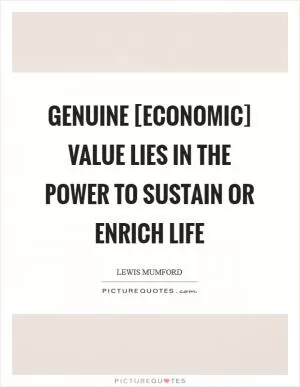
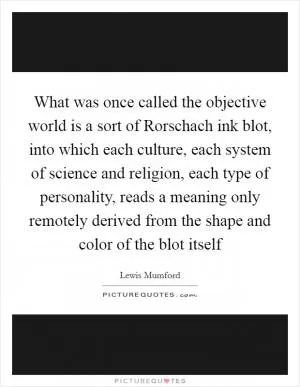

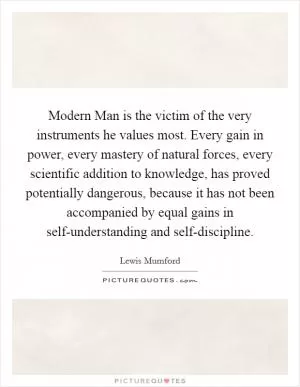
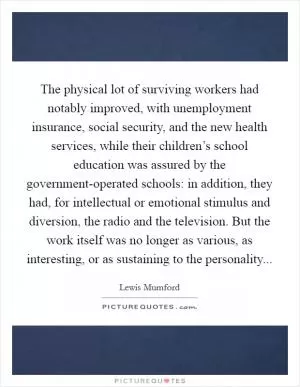
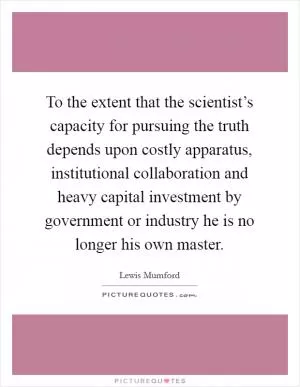
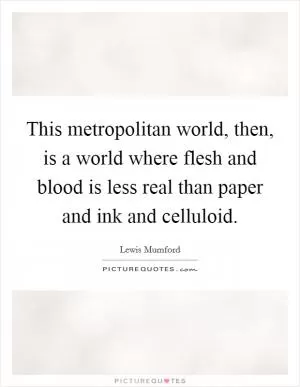

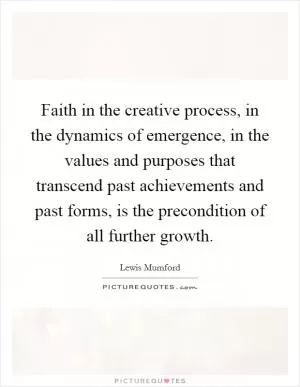
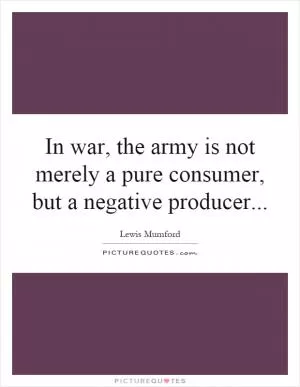

 Friendship Quotes
Friendship Quotes Love Quotes
Love Quotes Life Quotes
Life Quotes Funny Quotes
Funny Quotes Motivational Quotes
Motivational Quotes Inspirational Quotes
Inspirational Quotes